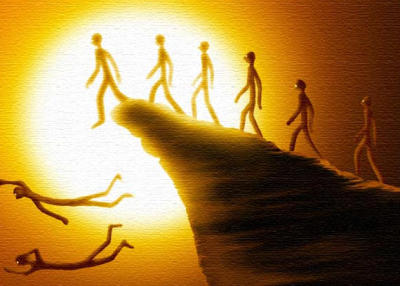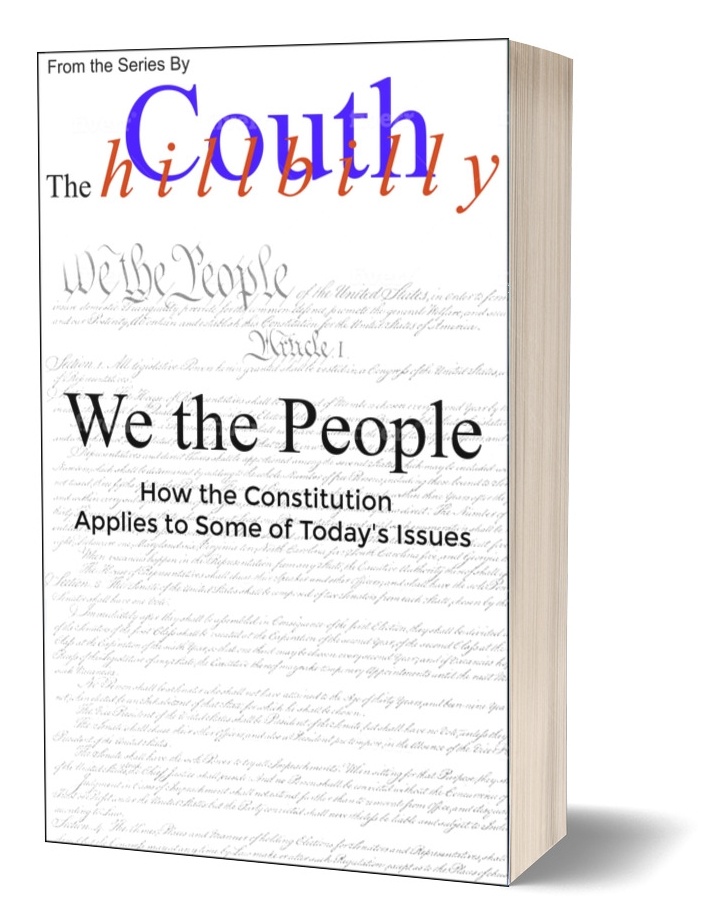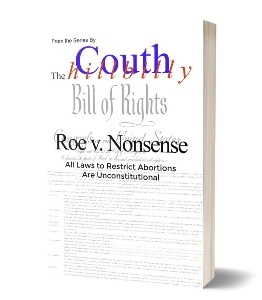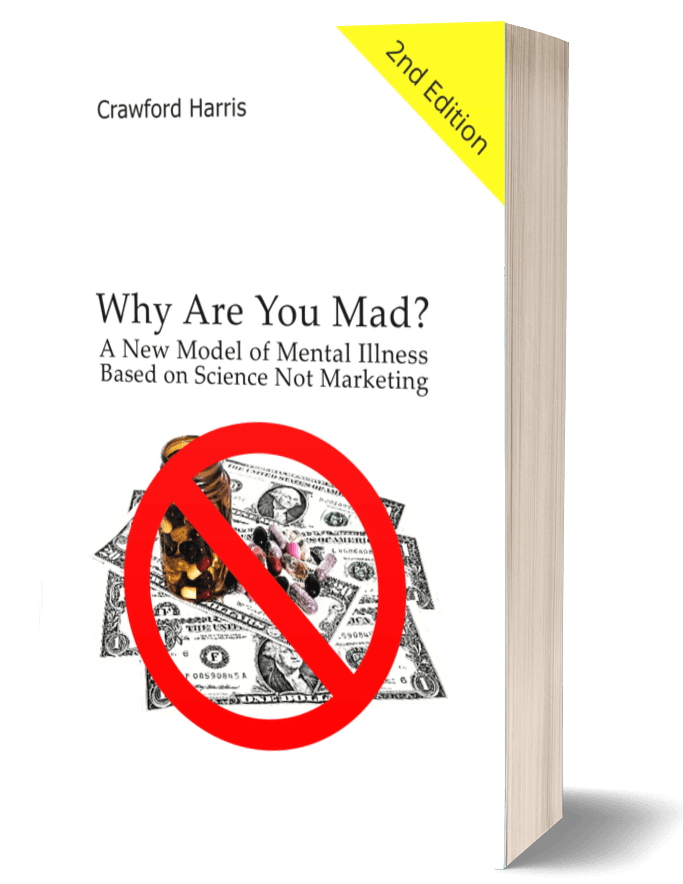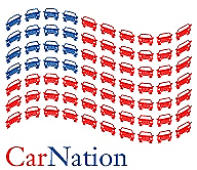 Could we exist without the automobile? The question pops into my head every time I stop at the pump, but there is reason for doubting the possibility.
Could we exist without the automobile? The question pops into my head every time I stop at the pump, but there is reason for doubting the possibility.
One of every ten jobs in the country is manufacturing cars or supplying the manufacturers. Add in the dealers, the repair shops, gas production and distribution and a few odds and ends and it comes to about one in seven jobs.
I was much younger and lighter while in grad school but I enjoyed walking. The school was on Massachusetts Avenue in Washington, D.C. My studio apartment was a little more than a block away. I parked my car in the basement garage and drove to the supermarket in Silver Springs, Maryland every Saturday.
The rest of the time I walked. It might be to the Smithsonian museums, the Jefferson and Lincoln Memorials, Burger King for my weekly Whopper, the corner grocery store or DuPont Circle to watch a few games of chess. The District was a wonderful place to walk.
At the time the Embassy of the USSR was a block away. I must have been the star of many video tapes walking past so often. The staff took the top two floors of our apartment building. They never spoke. They never smiled. They never took the same elevator. That was quite an object lesson.
New York City is walker friendly, though not so friendly in other ways. Living in Los Angeles was hell. When I first moved to L.A. I had no car. Pedestrians there are known as California cripples. I quickly acquired a small Honda motorcycle. That sufficed for a few months, until my wife and daughter arrived from Korea.
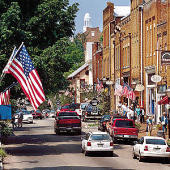 I was born in a town of about 3,500 Mayberry-type souls. One grandfather was sheriff; the other chief of police and city manager. We walked. Everyone said hello. Stores were next to each other.
I was born in a town of about 3,500 Mayberry-type souls. One grandfather was sheriff; the other chief of police and city manager. We walked. Everyone said hello. Stores were next to each other.
Later, I was mayor of a small town, a bedroom for Atlanta, where you drove to the parking lot of the dry cleaners, then drove to the parking lot of the bank and on and on. Then they invented malls. The idea being to recreate the small town by making it possible to walk from store to store.
A lot is lost while riding in a car. You focus primarily on the roadway. You miss out on most of the scenery. It’s difficult for the odor of the roses to seep through the air conditioning. You miss out on the heat, the cold. You miss out on most of what makes up life.
Speed feeds on itself. We want to get there quicker, no matter where there is. Our impatience grows. That impatience spills over into other aspects of our lives. We get lazy. We get used to sitting in the car seat. That also spills over.
Most of our ancestors seldom, if ever, wandered more than 25 or 30 miles from where they were born. Many daily commutes are further. The difference in the pace at the downtown office from the pace in the bedroom community induces stress.
Our cars have molded our lives. It hasn’t been an unmixed blessing.
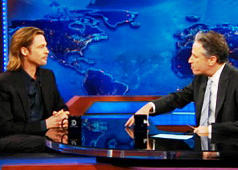 The other night, Jon Stewart’s guest on the Daily Show was Brad Pitt. He brought up the question of what cars would be like if they had not yetr been invented but we had today’s technology. He asked if they would be powered by a limited fossil fuel that required an expensive military to protect our access and transferred half a trillion dollars a year out of the country. Would we choose a fuel that polluted? Interesting questions. Basically, something so integral to our economy, our lives, is based on technologies more than a century old.
The other night, Jon Stewart’s guest on the Daily Show was Brad Pitt. He brought up the question of what cars would be like if they had not yetr been invented but we had today’s technology. He asked if they would be powered by a limited fossil fuel that required an expensive military to protect our access and transferred half a trillion dollars a year out of the country. Would we choose a fuel that polluted? Interesting questions. Basically, something so integral to our economy, our lives, is based on technologies more than a century old.
I’m not ready to give up my trusty, internal combustion-powered steed. However large a role as it plays in my life, I can’t ignore the less than salutary effect it has on my routine, my psyche, my health and my wealth.
In the next article I intend to examine how one aspect of this is related to our present predicament and impedes our addressing our problems.

.
.
